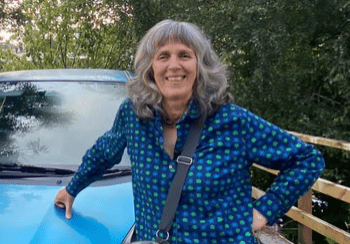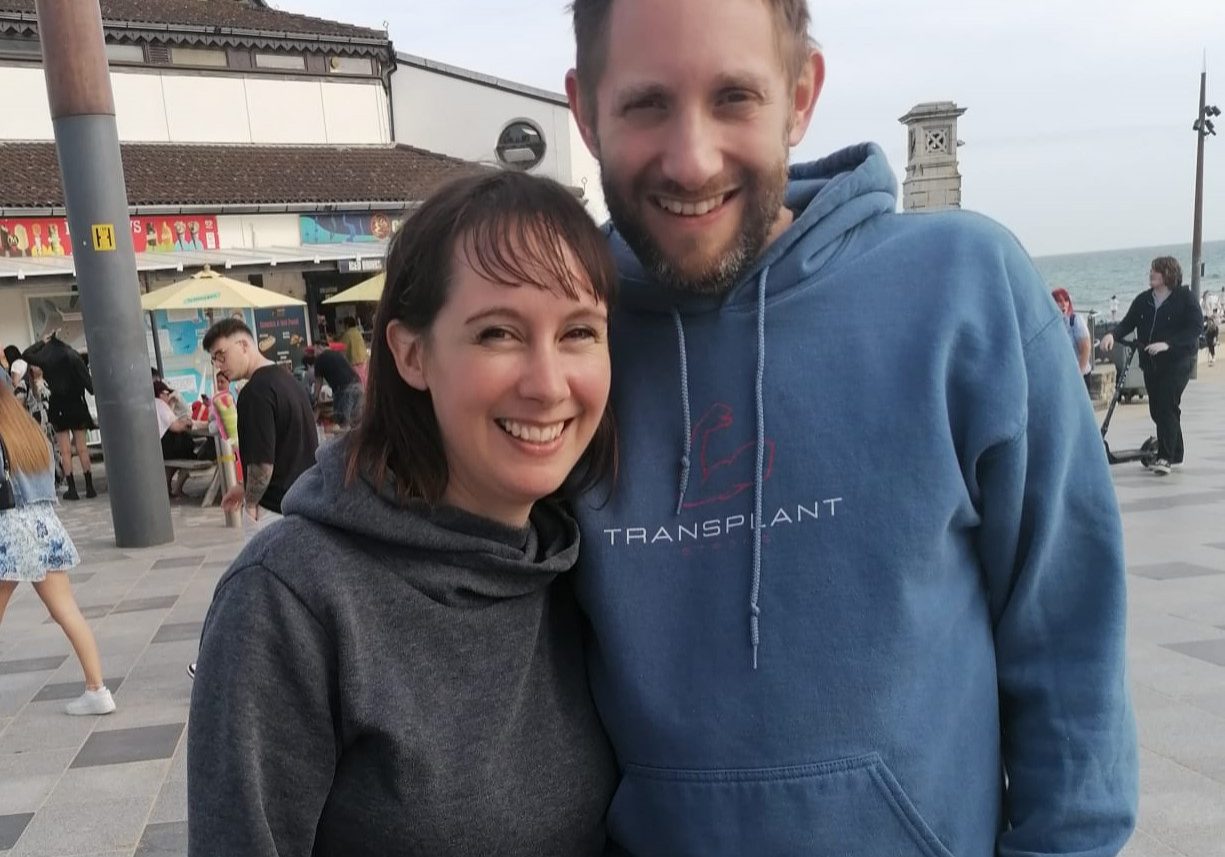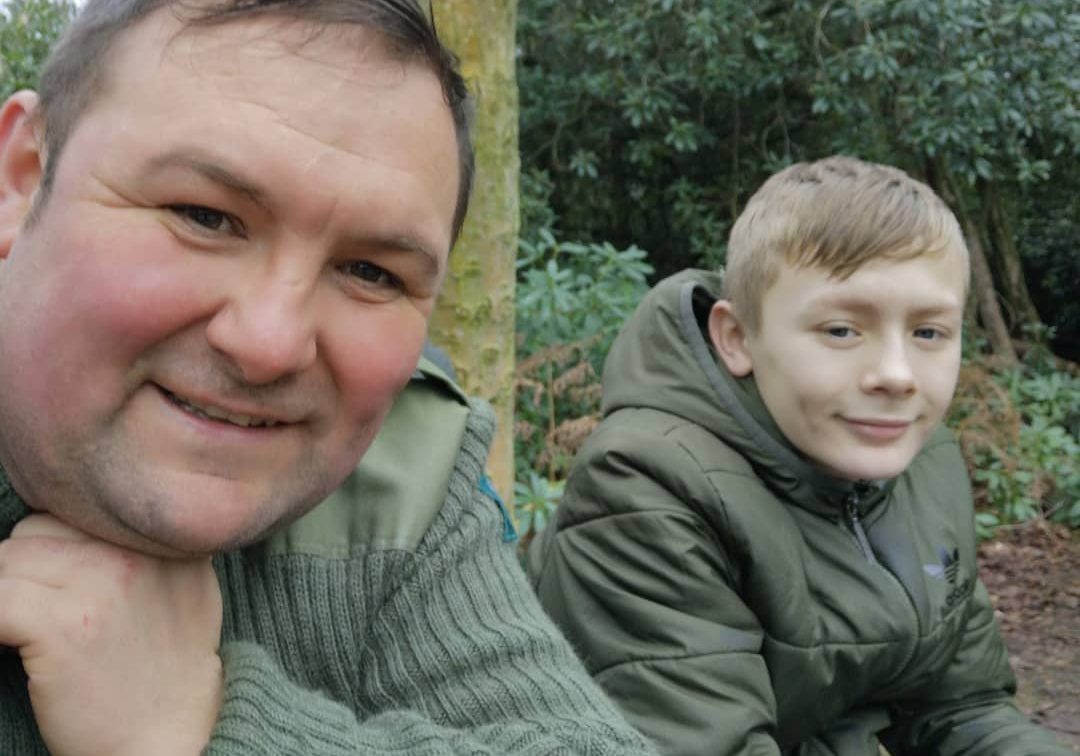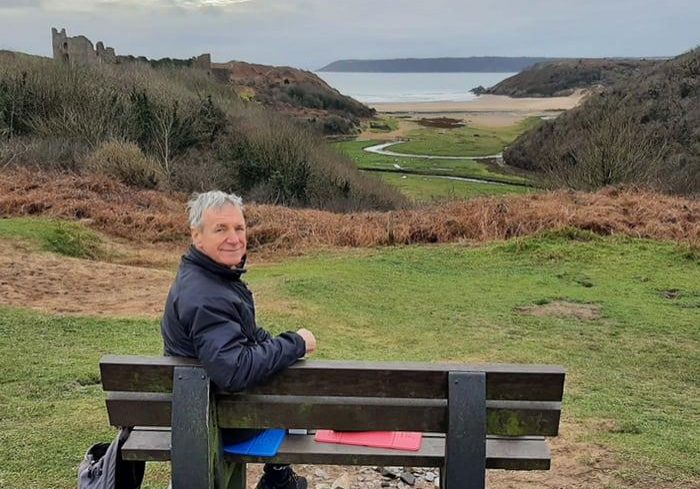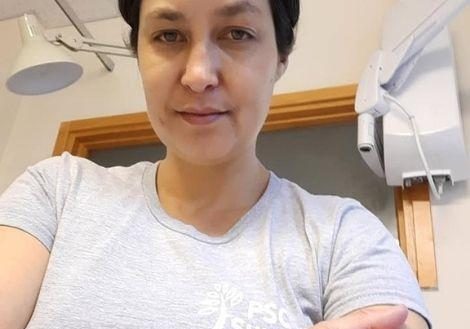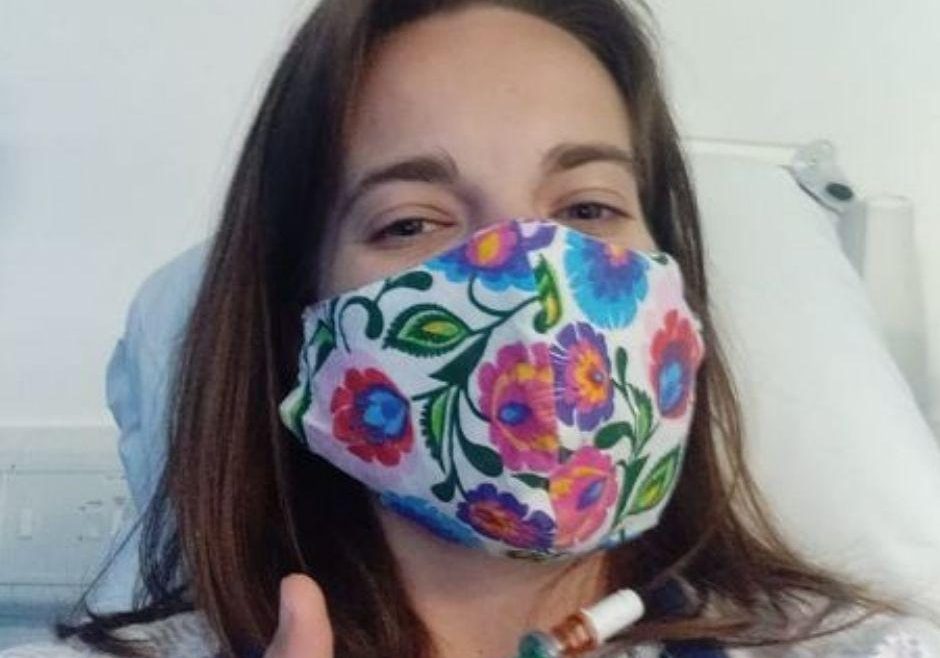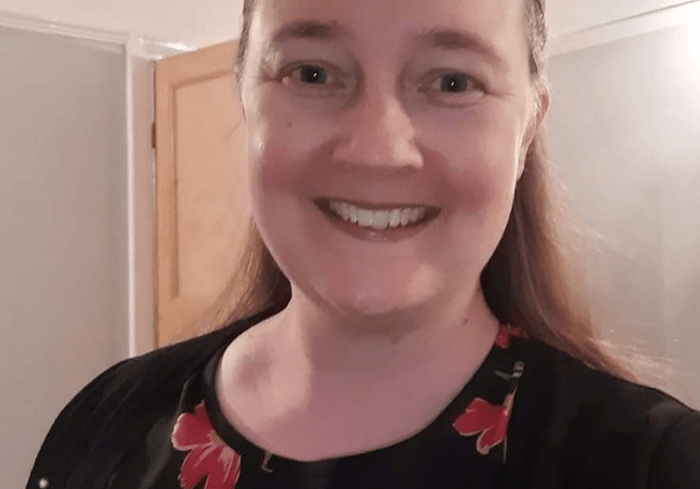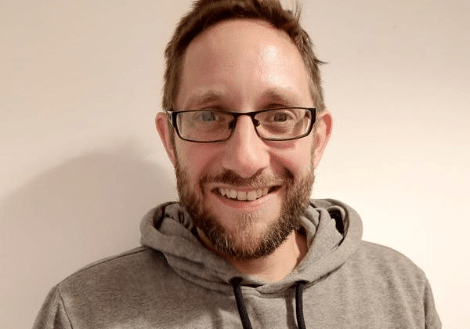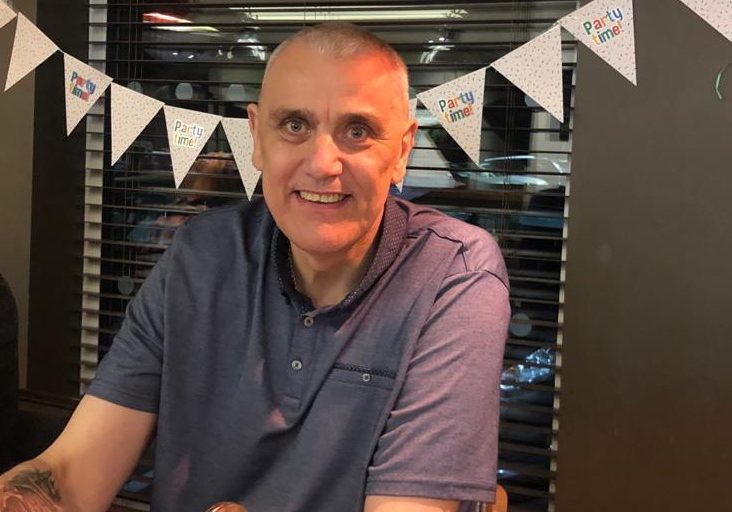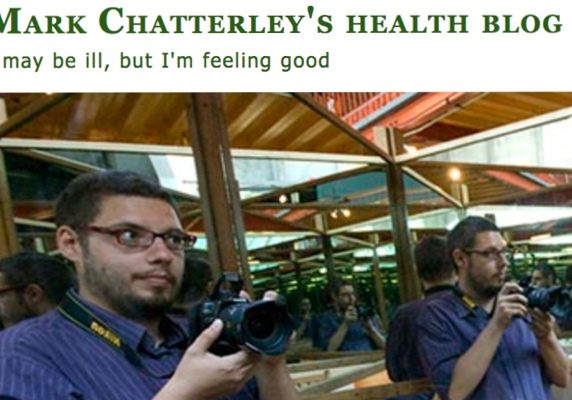Alison
Feeling Healthier After Dietary Changes
Huge thanks to Alison for sharing the impact that dietary changes have had on her health. While there is no scientific evidence (yet!) to show that diet improves PSC and health in the short and long term, we are aware of many stories like Alison’s, where changes to diet improve how people feel and function.
Alison made these changes in a totally informed way. She made sure she fully understood the importance and function of each food group, and had the support of her PSC doctor. This is important because some people, depending on the damage in their liver, do need to follow specific professional dietary advice.
Quick Links
We would like to note here, too, that if someone’s PSC has progressed, it doesn’t mean that their diet wasn’t good enough or that they could have done something to stop the progression. Diet and PSC are not connected in that way. We would welcome more research in this area and would love to hear from you if you have made dietary changes and feel better for them. Get in touch.

I have felt more well in the last 2 years than in the previous 5-10+ years and the only thing that has changed is my diet.

Living well with PSC
I have been wanting to share my story of living well with PSC in response to the many comments made about diet having no impact on PSC. I am not in disagreement that diet cannot cure PSC or that there is no evidence to support the idea that diet can make someone with PSC well.
I was diagnosed with PSC about 4 years ago. My consultant describes my PSC as sort of mid-way between no PSC and very advanced PSC. When I was first diagnosed, I found the information on the PSC Support website very informative and helpful. It was, in fact, the PSC Support website that made me think carefully about diet (there was a video presentation from a dietician) and that led me to ask for a referral to a dietician.
Before PSC diagnosis
Before I tell you about the changes I have made, I want to say that before my diagnosis and changes to my diet, I went to bed most nights with a gnawing ‘tummy’ ache and found lying on my right side uncomfortable. I had been to the doctor a number of times and treated for acid stomach with omeprazole. My symptoms had a way of coming and going, I never really knew if the occasional use of the medication made any difference.
I eventually ended up going to the GP after a really bad ‘tummy’ ache and passing blood in my urine. Blood tests revealed a liver infection and after many tests and scans a diagnosis of PSC.
Learning
From my conversations with my consultant and with the dietician I learned, in lay terms, that:
- Saturated fats are bad – they can form stones that can get lodged in narrowed bile ducts and cause bile to back up, in turn causing infection.
- Other kinds of fats are good – they do loads of good stuff for you and better still, some of them can reduce the bad kinds of cholesterol
- A liver that performs poorly isn’t as good at drawing energy from fat reserves, finding it easier to draw on muscle (I hope I’ve remembered this correctly) and so it's good to have plenty of protein (for me 65g a day, which is quite a lot!) for building new tissue
- People with PSC tend to have a less diverse gut biome than the average person; regardless of whether this is a cause or consequence of PSC it’s a good idea to eat lots of different plants especially those with lots of fibre to feed the good bacteria.
- Coffee – I found out about coffee via the PSC Support website and had the guidance confirmed to me by my consultant – who knew? It’s good for your liver!
- Salt – the consultant says too much is very bad and I notice that the top of my feet get a little puffy if I have too much…
- Vitamin D and calcium – livers that perform poorly aren’t as good at making use of calcium for strong bones, so I choose foods that have lots of calcium and I take a daily Vit D (I found calcium supplements didn’t agree with me, creating, liver sludge – not my words, the words of the consultant).
I cut out butter, cheese (except cottage cheese), and red meat, and reduced my intake of fried food, replacing these with olive and rapeseed oils, oily fish, avocados, nuts and seeds.
I try to make sure there is protein in every meal, lots of different vegetables and a few fruits (I prefer veg), and I drink a strong coffee first thing in the morning and avoid salty snacks.
Really, all I have done is improve my diet in all the ways that we are all told we should.
Feeling better
What helped me was understanding the role that each of these things played. It took me a year or so to get to the point where I no longer experienced the bedtime ‘tummy’ ache that I had lived with for a number of years. I haven’t had an episode of pain / discomfort in my liver or any fatigue in the last 12 months. I have never experienced itch.
Improved blood test rests
My consultant referred me last year for a clinical trial but after the screening I was rejected because my blood results were too good. When I next saw my consultant, he looked at my results over the couple of years that I had been under his care and the graph shows my blood results going up and down but with a downwards trend towards normal and levelling out in the normal zone.
I have felt more well in the last 2 years than in the previous 5-10+ years and the only thing that has changed is my diet.
I previously ate a lot of cheese and butter, quite a bit of red meat and hardly any fish. I did eat a reasonable amount of vegetables, but not as many as I do now, and I never drank coffee. I drank alcohol very rarely and now don’t bother with it at all. I figure the less work my liver has to do processing ‘bad’ stuff the better able it will be to process the good stuff – not science.
Active participant in own care
Why this matters to me, and maybe to others with PSC, is not only because I am definitely healthier than I was before, but also because I need to be an active participant in my own care. Even if a cure for PSC had existed, I would have been asking what I could do to improve my situation.
I don’t think I can be alone in having found diet can improve quality of life with PSC.
Perhaps it might also slow damage to the liver caused by bile backing up and infections? All the changes that I have made have been based on the advice of the dietician, consultants and on leads followed from the PSC Support website.
PSC Support’s mission to understand PSC and find a treatment for it is incredibly important. For many the cure may not come in their lifetime so it is just as important to live as well as you can with PSC. And, for me, it has been important to be in control of how well I feel.
My consultant always reminds me that it is notoriously difficult to prove a link between diet and improvement in disease. At the same time, we all know that diet is one of the most important factors in our health.


